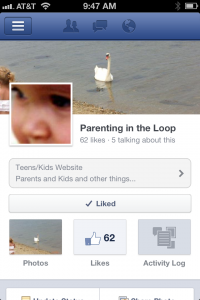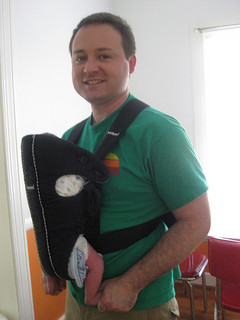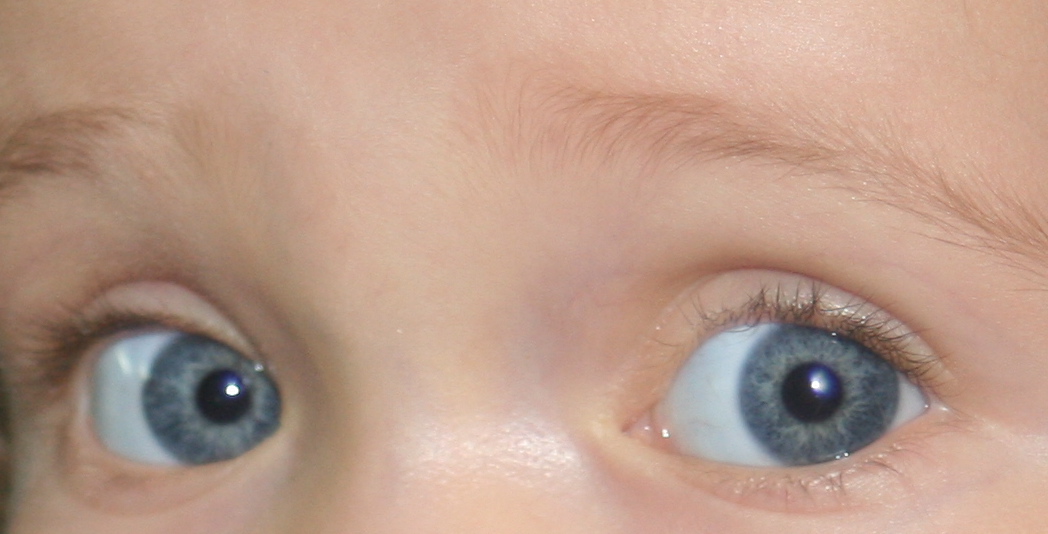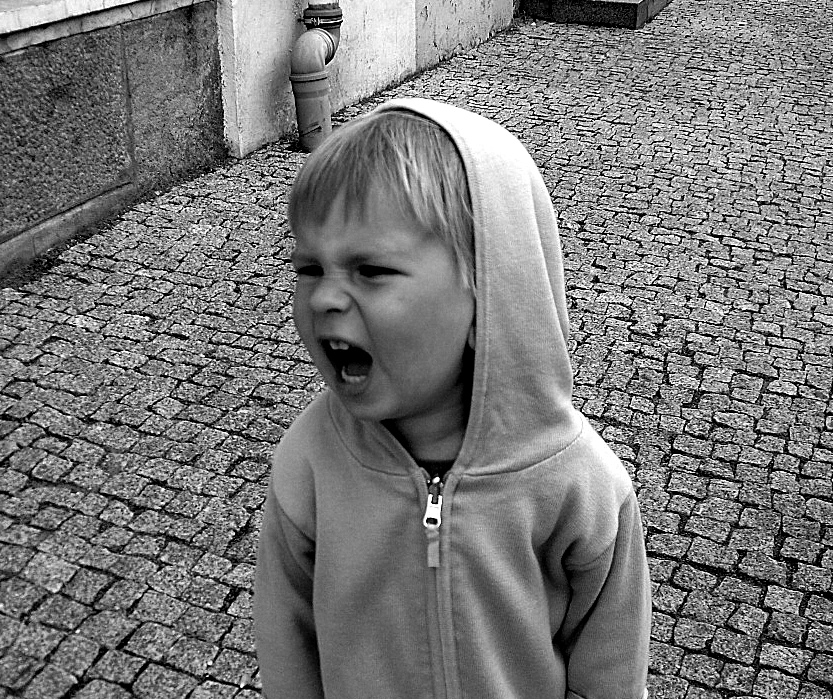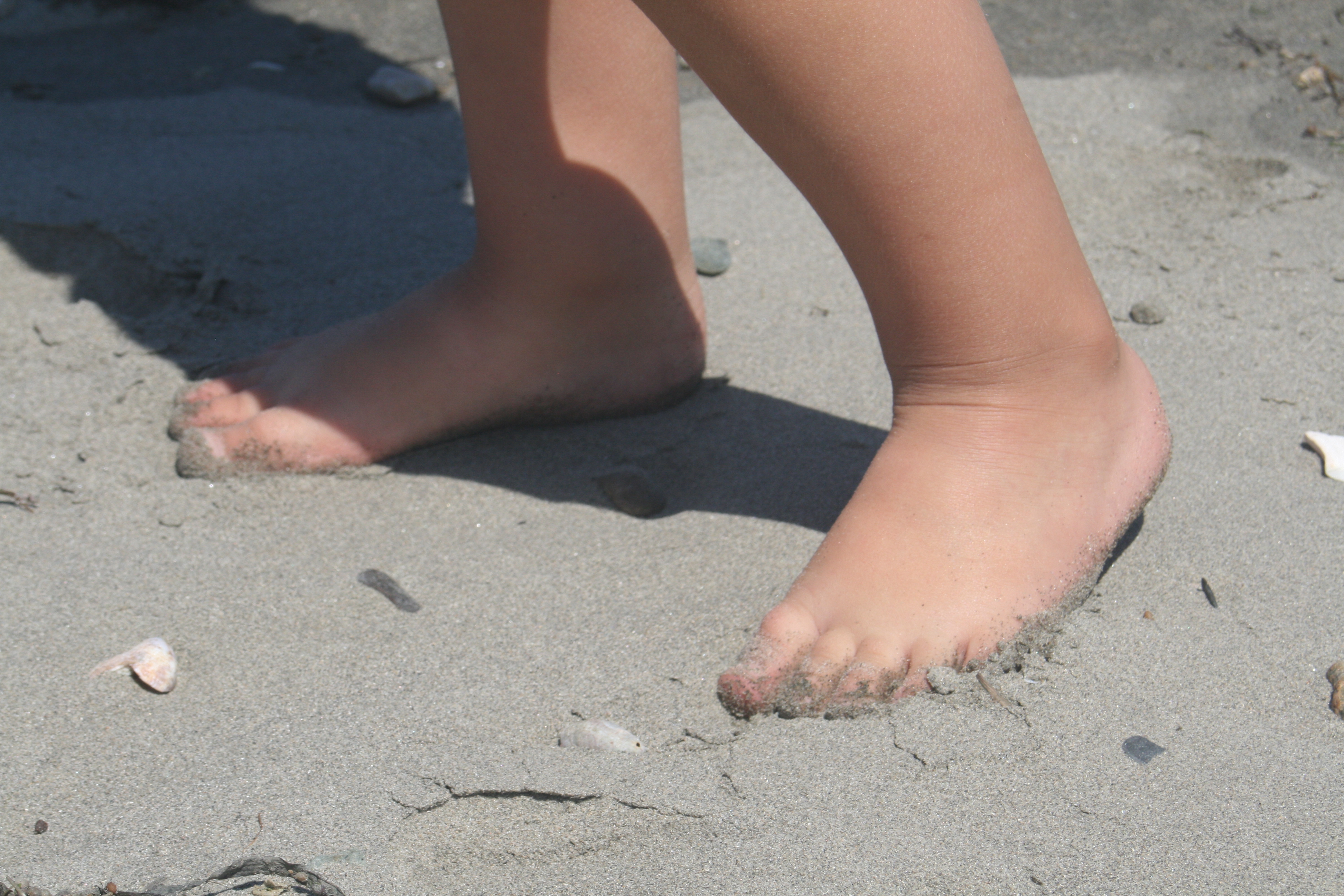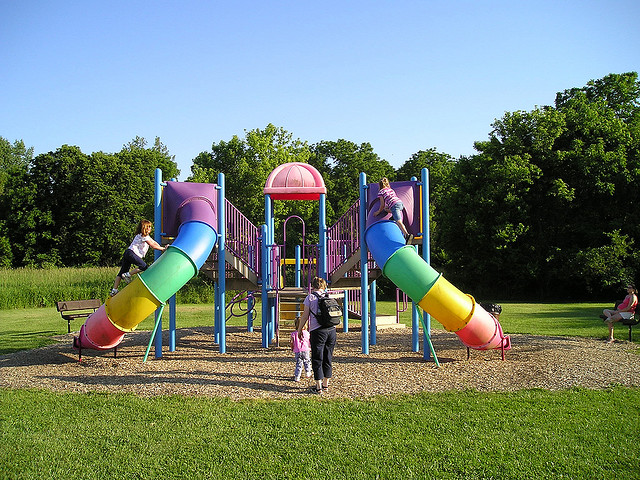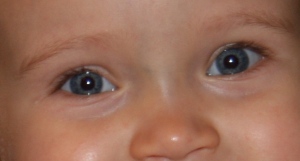The March of Dimes Facebook page catches up with NICU babies in “Then and Now”. This past week, we celebrated National Prematurity Day…not too many years ago these fragile premature babies would not have survived. Here’s to all those that have made these miracle possible!
Helping children when they bite, hit and push – Genevieve Simperingham.
Biting and hitting can really pose a parenting challenge. There are so many reasons that a child resorts to this unpleasant behavior. For me, the most important way to manage behavior problems is through empathy. Empathy for your child and empathy for the victim of your child’s biting and hitting will guide your responses and help make them appropriate. Take a deep cleansing breath to retrieve your empathy and then respond quickly by removing your child from the situation and making sure the other child is okay. Show your child understanding with a sense of calmness, while he is acting this way… and then help him to express his anger and frustration in a more acceptable manner. Gradually, he will find other ways to express his frustrations and anger that do not involve lashing out and biting.
I Have a Daughter With Intense Emotions | Peaceful Parents, Confident Kids.
Keeping with the theme of children and their emotions…here is another post about how to “deal’ with children, who have intense feelings. It is a personal story, to which many of us can relate. Again, “empathy” plays a key role, I hope you visit this story…it is a sweet and endearing one.
Once again…have a wonderful weekend.

